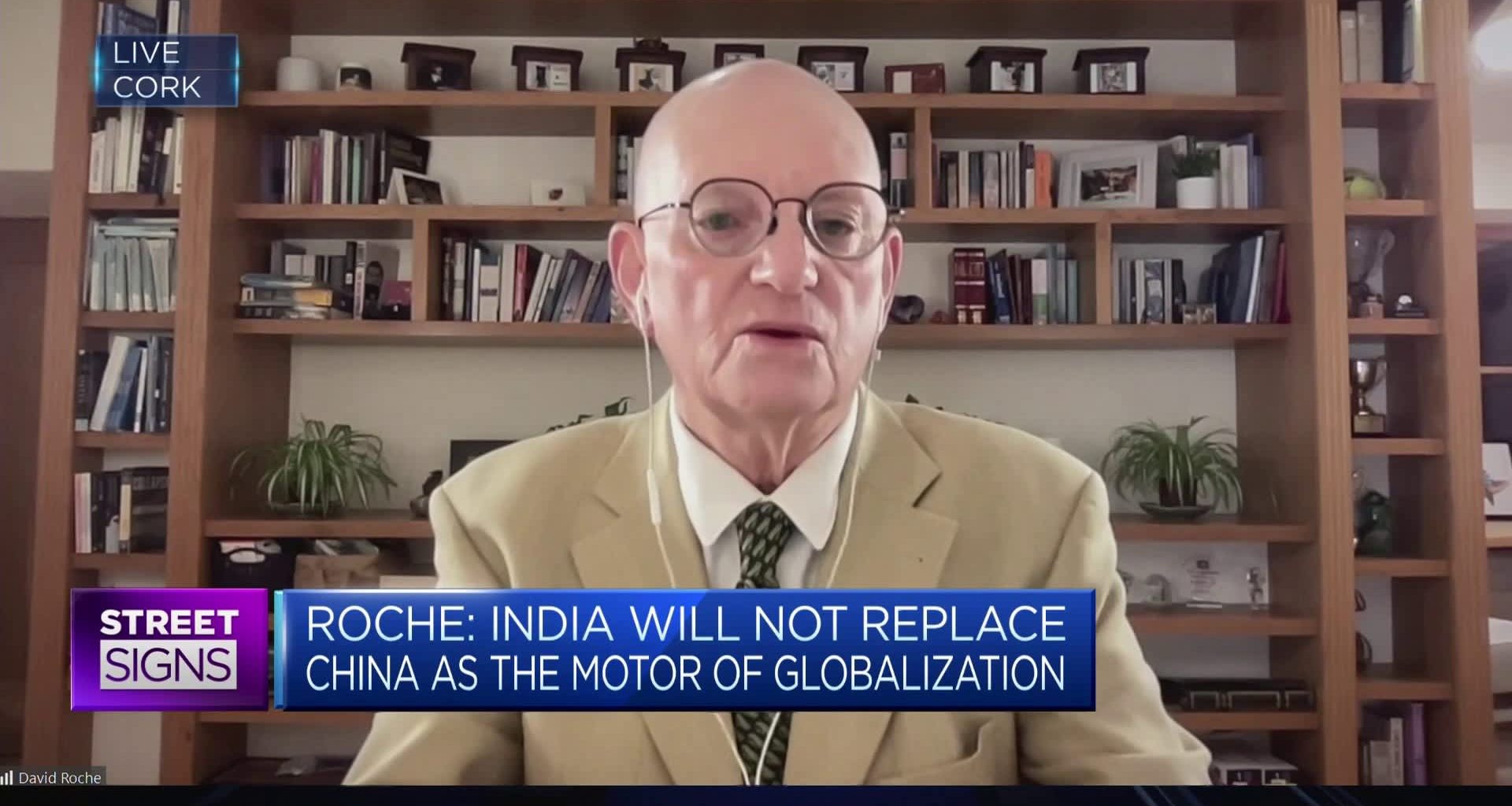Shailendra Singh.
Lionel Ng | Bloomberg | Getty Images
China will remain an important market for investors in the long term, even if other countries are now benefiting from investments flowing out of China amid escalating tensions with the U.S., according to Peak XV Partners, formerly Sequoia Capital India and Southeast Asia.
“The China Plus One strategy, in terms of sourcing and so on, is definitely benefiting places like India, Southeast Asia,” said Shailendra Singh, managing director of Peak XV Partners, one of Asia’s biggest venture capital firms with $9 billion of assets under management.
“In the very long term, if you take a 10, 20, 30-year view, if you assume that geopolitics will find some new normal, China is going to be a huge economy, and good businesses will be built in China,” Singh told CNBC’s Tanvir Gill.
Last year, Sequoia split into three independent geographic units – Sequoia Capital in the U.S. and Europe, Peak XV Partners in India and Southeast Asia and HongShan in China. The move came amid increasingly strained relations between Washington and Beijing.
Peak XV has invested in over 400 companies in the technology, software, financial services and consumer space. They include fintech firm Pine Labs, Singapore-based online retailer Carousell, Indonesian ride-hailing giant Gojek as well as Indian edtechs Byju’s and Unacademy.
For years, China has been Asia’s technology and innovation powerhouse, being home to tech juggernauts including Alibaba Group and Tencent. It has also gained the title of being the world’s factory, producing low-cost consumer goods as well as most of the world’s iPhones and electric vehicles.
However, firms such as Apple and BMW have been diversifying their supply chains away from China amid geopolitical concerns. Apple now reportedly makes around 1 in 7, or 14%, of its iPhones in India, after stringent Covid controls in China disrupted its operations there.
While India and Southeast Asian countries have been benefiting from such diversification efforts as companies set up operations elsewhere, China will still be an important market, said Singh.
“All of us around the world, while India or Southeast Asia might benefit in the short term, should really be thinking about how would we work well with China in the long term,” said Singh.
David Roche, president and global strategist at Independent Strategy, said in March that India won’t replace China in global trade as the Chinese model was “based on achieving global market share” while the Indian model is “about domestic market development.”
“India will continue to make progress but it will a slow and steady progress, and not at all similar to the Chinese model,” said Roche.
Read More: World News | Entertainment News | Celeb News
CNBC
